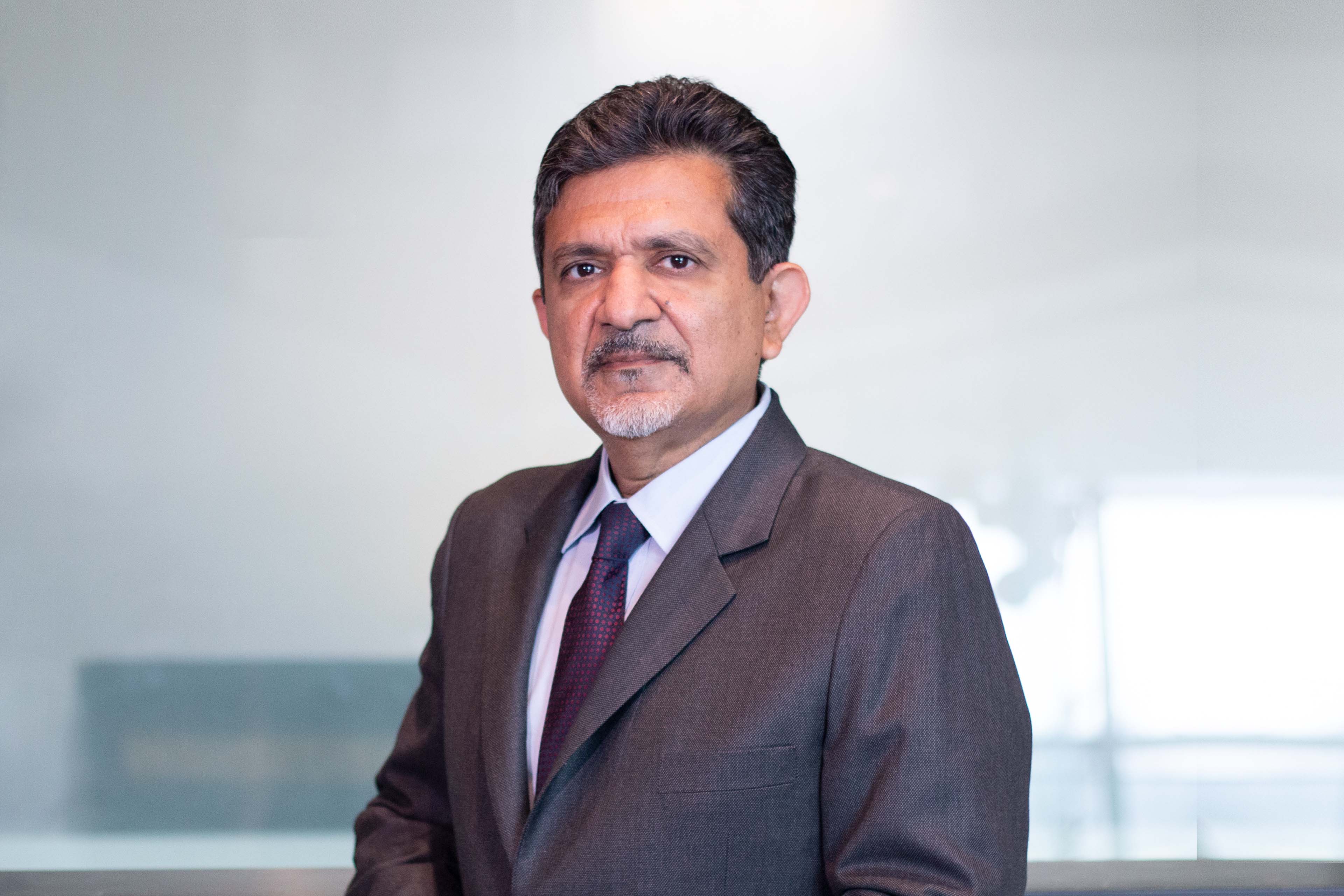EY refers to the global organization, and may refer to one or more, of the member firms of Ernst & Young Global Limited, each of which is a separate legal entity. Ernst & Young Global Limited, a UK company limited by guarantee, does not provide services to clients.
How EY can help
-
As regulatory enforcement and public intolerance of corporate misconduct increase, EY professionals help you strengthen your integrity and global compliance frameworks. And, should violations occur or allegations of fraud or corruption arise, the EY Forensics teams help you respond quickly to safeguard your business.
Read more
Additionally, one-third of emerging market respondents report that unethical behavior in their organization is often tolerated when the people involved are senior or high performers. These percentages are significantly higher in India (62%), Thailand (52%) and Malaysia (48%). These findings are consistent with the 2024 ACFE Report to the Nations, where 37% of fraud cases were perpetrated by employees, while 41% were by managers.
While 30% of emerging market respondents in the EY Global Integrity Report 2024 cite a failure of financial processes and controls as the primary cause of integrity lapses, 26% agree that a lack of appropriate tone from leadership is at the heart of misconduct. This is an interesting insight given that nearly two-thirds cite strong leadership for improvements in compliance standards.
According to Ethisphere’s 2024 Ethical Culture Report: Closing the Speak Up Gap 1, 93% of employees would be willing to report misconduct if they saw it, yet only 50% who observed misconduct directly actually did so. For more than half of respondents in the EY Global Integrity Report 2024, pressure not to report is a key reason. Fear of retaliation is another concern. As Sharon van Rooyen, EY Africa Forensic & Integrity Services Leader notes: “Several high-profile murders of whistleblowers or individuals involved in anti-corruption efforts make personal safety an ongoing concern for whistleblowers in South Africa, despite the advances organizations have made to improve whistleblowing reporting mechanisms.”
Emerging market respondents say their organization has included more advanced solutions and protections for whistleblowers and provided easier ways to report misconduct. But there is still more to do. Here are four key actions organizations can take to foster a leadership culture that promotes integrity across the organization.
- Lead by example. Leadership is key to creating an environment where employees feel safe to speak up. The more employees see leaders upholding the organization’s values and taking concrete action in response to misconduct, the more likely they are to report wrongdoing when they observe it.
- Managers matter. If leaders fail to lead, managers have an opportunity – and a responsibility – to stand up against failures of integrity. Employees are often closer to an immediate manager than to senior leaders. According to Ethisphere’s research, this connection makes employees six times more likely to report wrongdoing to managers than to hotlines.1
- Address the cultural headwinds. Some cultural attitudes may be seen as a barrier to a speak-up culture. Offering greater privacy controls and confidentiality protections, following up with whistleblowers to report progress of their complaint, and having a third party in charge of the whistleblower hotline management and any resolution will also help.
- Hold leaders accountable. Organizations must do more to hold leadership accountable at management, executive and board levels. This may take the form of periodic certifications where leaders must report wrongdoing and affirm that they have, in fact, reported any wrongdoing they’ve observed. Moreover, organizations will want to ensure that those charged with investigating and resolving reports of misconduct are truly independent.






